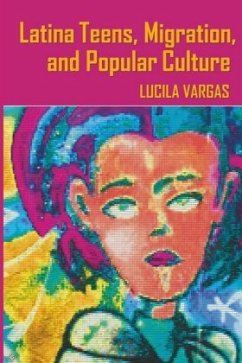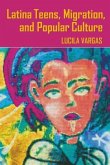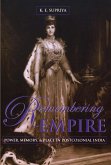This richly ethnographic book explores the relationship between migration and popular culture through a case study of the consumption practices of working-class, transnational Latina teens. While everyday practices are examined at the local level, the processes of identity construction that Vargas seeks to address are akin to those created by diasporic youth around the world. The book is suitable for graduate and upper-level undergraduate courses in Latina/o communication studies and international/global communication. Scholars researching youth will also find the book of particular interest.
"This is a gracefully written and wonderfully illuminating study of young transnational Latinas' media uses, living outside the main U.S. centers of Latinidad. Lucila Vargas deploys theoretical insight skillfully but critically, using Fernando Ortiz, Edward Said, Linda Martín Alcoff, Gloria Anzaldúa, and Judith Butler. Throughout, however, the voices of the teens are respectfully placed at center stage. This is a mature and searching report on changes and dilemmas in communication and 'race' in the contemporary USA." (John D.H. Downing, Director, Global Media Research Center, Southern Illinois University Carbondale)
"Lucila Vargas presents a sensitive and reflexive portrait of the Latina migration experience via a transnational media literacy project. Her sophisticated use of poststructural theories of identity as a performance, combined with critical race theory and current research on the psychological development of migrants and teens, makes this a unique interdisciplinary contribution to the humanities and social sciences. The analysis Vargas culls from working with her teenage girl subjects sets an action-research agenda for studying immigration and belonging in the contexts of hegemonic media representations, painful migration memories, and the lived realities in the New Latino South." (Vicki Mayer, Tulane University)
"Lucila Vargas presents a sensitive and reflexive portrait of the Latina migration experience via a transnational media literacy project. Her sophisticated use of poststructural theories of identity as a performance, combined with critical race theory and current research on the psychological development of migrants and teens, makes this a unique interdisciplinary contribution to the humanities and social sciences. The analysis Vargas culls from working with her teenage girl subjects sets an action-research agenda for studying immigration and belonging in the contexts of hegemonic media representations, painful migration memories, and the lived realities in the New Latino South." (Vicki Mayer, Tulane University)








